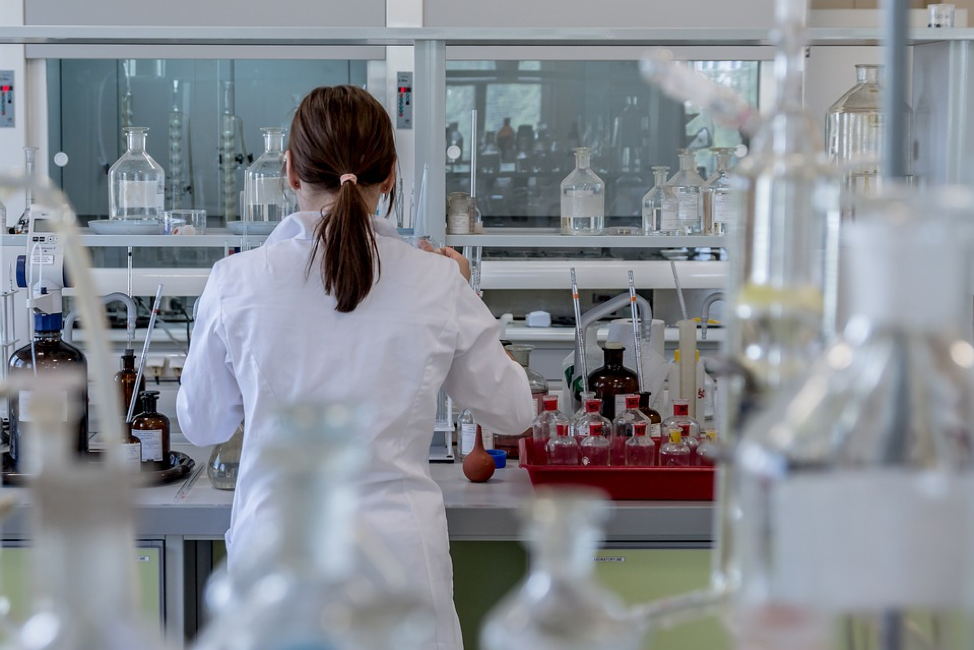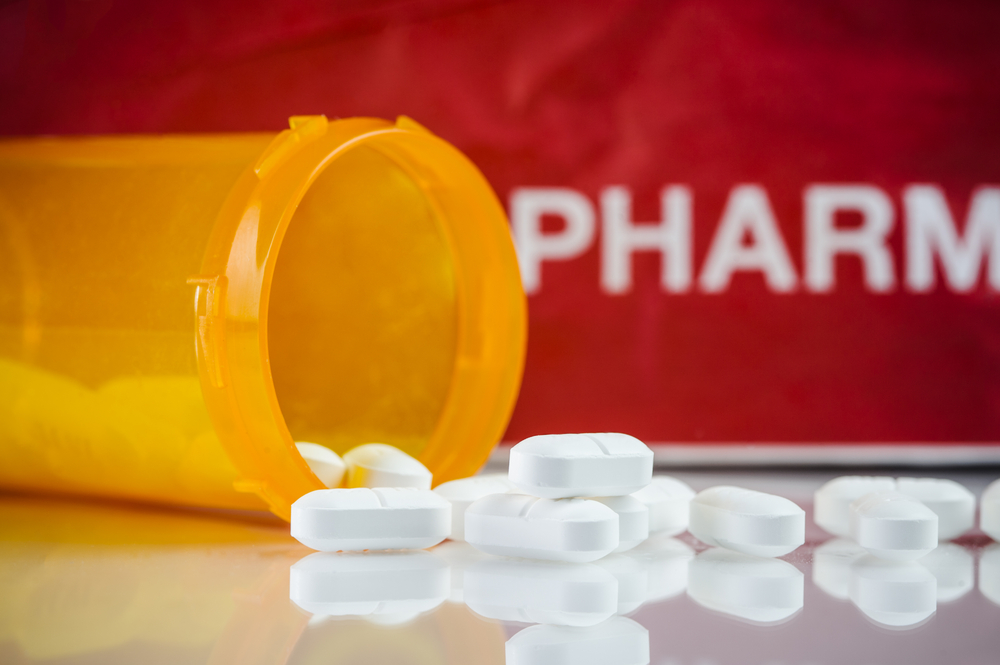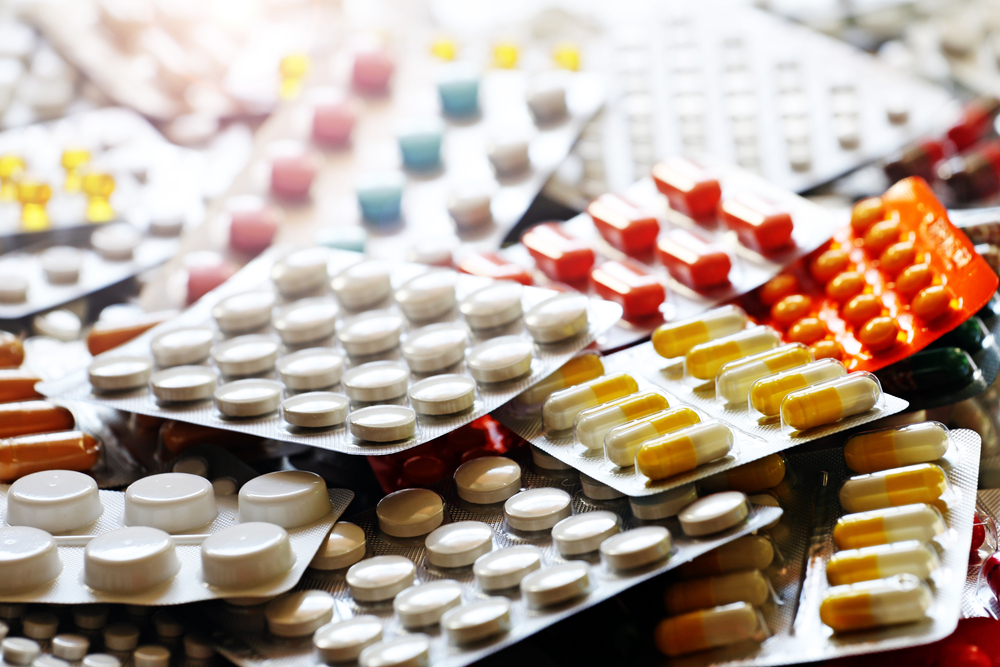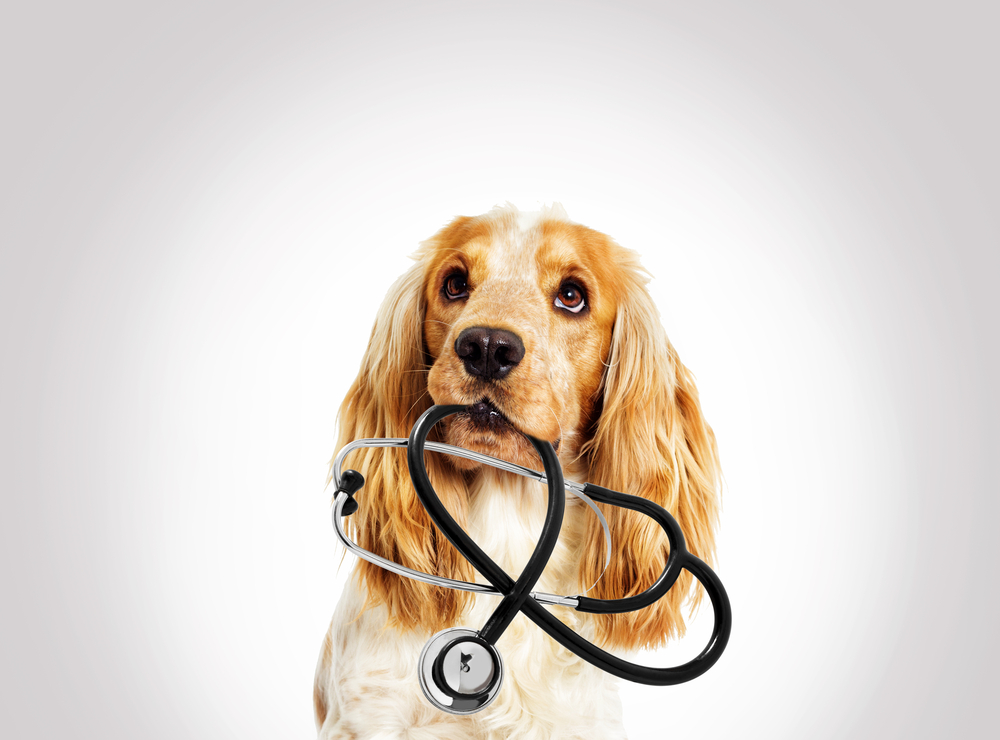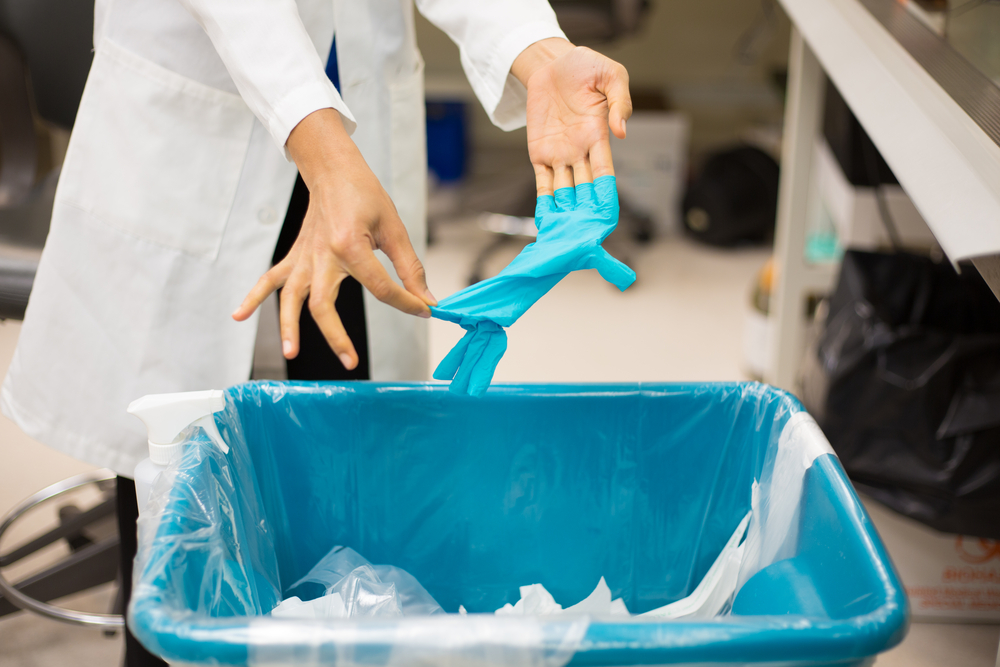Non-hazardous waste
Medical Waste at School? Back To School Means It’s Time to Review Medical Waste Protocols
Medical waste removal is not exclusive to healthcare facilities. Red Bags also serves colleges and universities, too. As the summer comes to an end, students are heading back to campus for another year of learning. It’s a perfect time for campuses and health centers to review their medical waste procedures. Why medical waste? Colleges and…
Read MoreAugust 15 Is National Relaxation Day. Here’s Spa Medical Waste 101
Medical spa waste is generated from medical spas that help patients with cosmetic enhancements, including Botox injections, skin rejuvenation and more. National Relaxation Day is here, and what better excuse than to visit the spa to celebrate? While many flock to spas for massages and facials, there is a growing demand in the spa industry…
Read MoreIs Lidocaine a Hazardous Waste?
Lidocaine is a local anesthetic that works by blocking nerve signals in the body and is commonly used by medical practitioners for a variety of procedures. While it is considered a pharmaceutical, is lidocaine a hazardous waste?
Read MoreICYMI: Pet Sharps Waste, Public Disposal of Sharps Waste, and More
Here’s what you missed on the Red Bags blog this month. Sharps Waste for Pets: How to Dispose of Sharps Safely Pet owners with diabetic cats or dogs give daily injections. They accumulate used needles and syringes quickly and should not just toss them in the trash, which can put other people at risk. According…
Read MoreOld Medicine Bottles: Did You Know They’re Still Hazardous?
If you take daily medication, those orange prescription bottles can pile up quickly. There are many options for recycling your pill containers, but did you know that even empty containers can still pose as a hazard? The bottle may be empty, but there’s still medication in it. We usually don’t pay attention to those medicine…
Read MoreNon-hazardous, Non-DEA Pharmaceutical Waste: What DOESN’T Belong In That Box?
Some (but not all) pharmaceutical waste must be treated as hazardous waste. Here is one difference and how to dispose of non-hazardous, non-DEA pharmaceutical waste. All businesses and institutions that generate pharmaceutical waste are responsible for disposing of that waste according to state and federal law. Given the wide variety of pharmaceutical wastes, complying with…
Read MoreMedical Waste Manifests and Tracking Forms: How Long Do I Need to Retain These?
Packaging and transportation are part of medical waste regulation. Proper documentation is required for both. How long do you need to retain medical waste manifests? Medical waste cannot be tossed in the regular trash, nor can it be transported by your municipal waste management company. Infectious waste must be transported in rigid containers that have…
Read MoreLaboratory Medical Waste
Medical waste is a subset of wastes generated at health care facilities, such as hospitals, clinics, as well as medical research facilities and laboratories. Here’s what you need to know about laboratory medical waste. Hospital, medical reference, and research laboratories all produce hazardous laboratory waste. Red Bags covers many industries that produce regulated medical waste…
Read MoreSharps Disposal In Public Spaces for Self-injectors
Safe needle disposal collection containers for public areas is a compliant solution for self-injectors who rely on safe disposal. There are many patients across the country who have to self-inject medication for one reason or another. Thanks to advancement in medical technology, self-injecting is easier and safer than ever. Of course, it poses a health…
Read MoreSharps Waste At Home For Pets
Do you give your cat or dog injectable medication? Here’s how to handle at-home sharps waste. In a hospital or other medical facility, sharps waste is a common byproduct of care for patients. This includes needles, lancets, and scalpels contaminated with human or animal blood or tissue. For a pet owner in a home setting,…
Read MoreICYMI: PPE, OSHA & Healthcare Risk Management
Here’s what happened on the Red Bags blog in June…
Read More5 Medical Waste Best Practices for Small Quantity Generators
Small quantity generators don’t always have to abide by the same medical waste laws. Here’s what you need to know. All medical waste generators are required to handle infectious or hazardous waste in accordance with all local and federal laws. In many states, however, medical waste generators are usually classified by the volume of waste…
Read More
